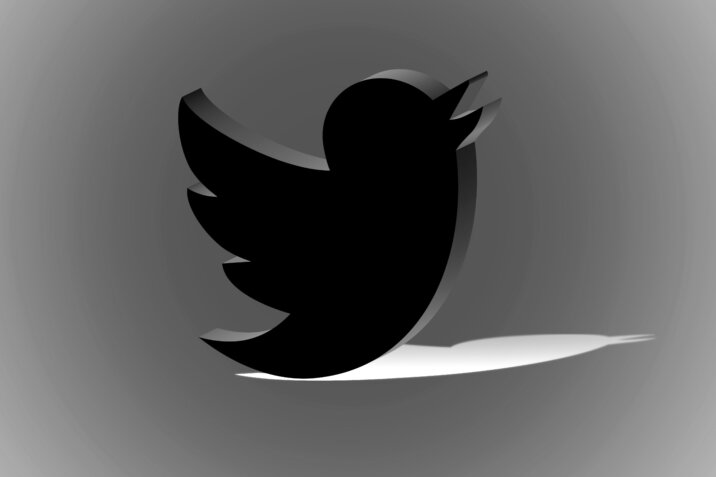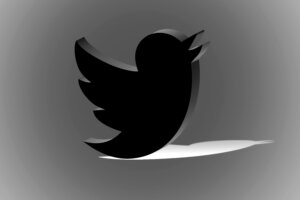
Twitter’s new owner, Elon Musk, has begun to enforce policies that threaten to remove blue checkmarks from formerly verified Twitter accounts. The blue checkmark previously denoted accounts that had been verified for authenticity and were given to accounts of celebrities, journalists, and media outlets. However, users seeking verification will now have to pay $8 a month for Twitter Blue, a controversial subscription program under which any account can obtain a blue checkmark. The rollout of these changes on Thursday was chaotic, with numerous high-profile users asserting that they would not pay for blue checkmarks under the new policy.
Nonprofit organizations such as Human Rights Watch and the NAACP have tweeted that they will not be paying for Twitter Blue. The removal of free verification processes has also raised concerns about the risk of misinformation and impersonation of legitimate organizations and people. On Thursday, many false government accounts emerged, including some posing as the US Internal Revenue Service amid the tax-filing season. Others changed their account photos and bios to impersonate prominent figures, with a fake Jeff Bezos tweeting that he was dissolving Amazon and a fake John McCain tweeting that his plane had crashed (the Arizona senator died in 2018).
Twitter has previously said that government entities could apply for a free blue check through a special program, but some have reported they have been unable to do so. Experts have stated that the failure to verify such entities increases the risks of scams and even threatens to collapse disaster response online, with agencies like the National Weather System now check-less. Impersonations have been a recurring problem since Musk took over the company, with the platform having to pause changes to the subscription program in November 2022 due to an influx of “verified” accounts posing as legitimate users and organizations.
The move by Twitter to charge for verification has drawn criticism from users and industry experts alike. Some have suggested that the policy will create an uneven playing field, with only those who can afford the subscription fee having access to verification. Others have raised concerns about the risk of misinformation and impersonation of legitimate organizations and people, arguing that the removal of free verification processes will make it easier for scammers and impersonators to deceive users.
Despite the concerns, Twitter has indicated that it will continue with the new policy. It remains to be seen whether the move will result in a significant drop in users or whether the platform will be able to weather the storm of criticism. For now, it seems that the blue checkmark, once a symbol of authenticity and credibility on the platform, has become just another commodity, available to those who are willing and able to pay for it.
The Internet Patrol is completely free, and reader-supported. Your tips via CashApp, Venmo, or Paypal are appreciated! Receipts will come from ISIPP.
The Internet Patrol is completely free, and reader-supported. Your tips via CashApp, Venmo, or Paypal are appreciated! Receipts will come from ISIPP.










